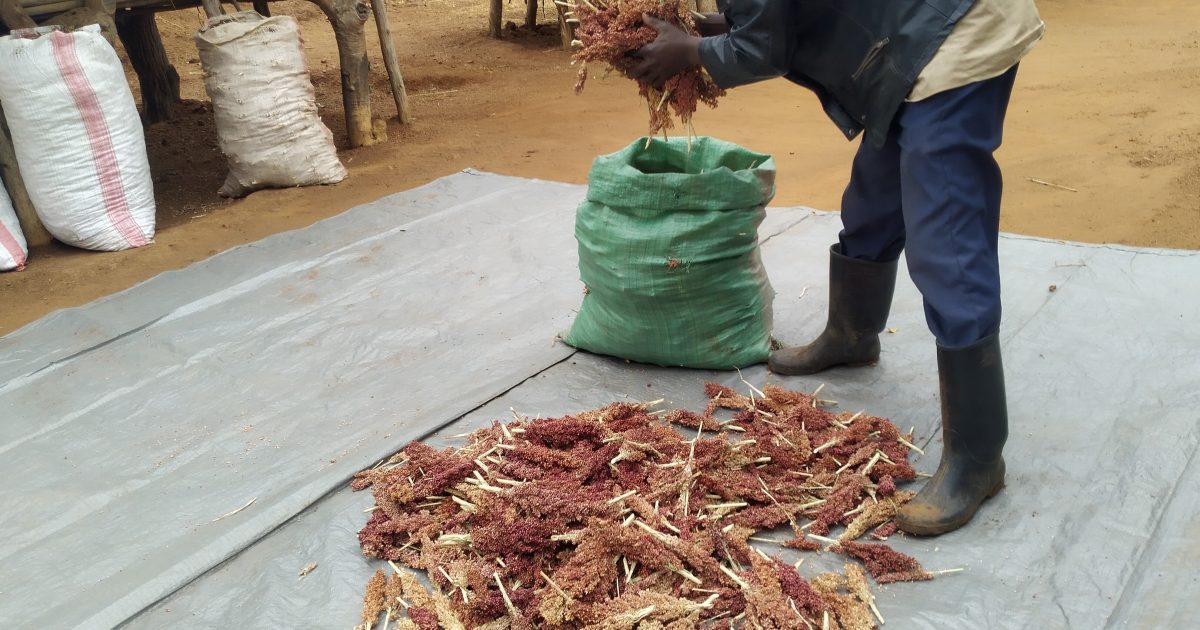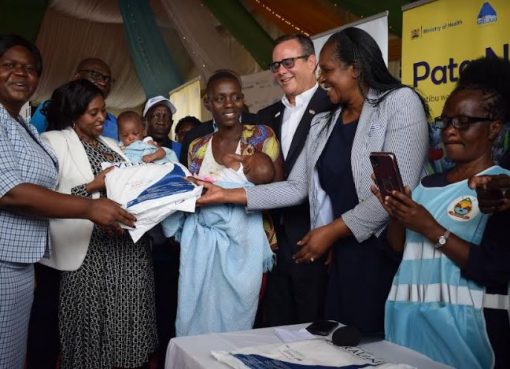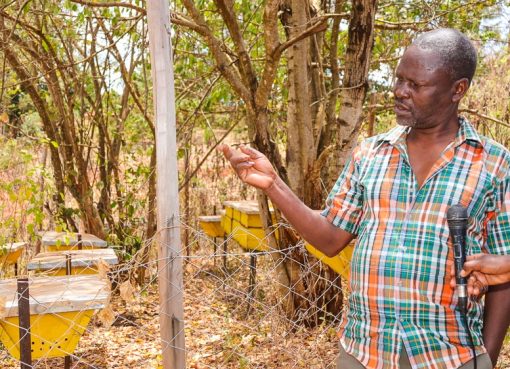Nakuru County Director for Agriculture, Fredrick Owino, said today that climate change poses significant challenges to food security and agricultural productivity worldwide.
However, he said the country was endowed with several traditional crops, such as sorghum, millet, indigenous vegetables, and traditional knowledge that has the capacity to improve food security.
Owino said sorghum is a drought-resistant crop that thrives in hot and dry conditions and has the potential to withstand climate variability.
He added that it’s versatile and could be used for human consumption as well as animal feed and biofuel production.
He said millet, which is quite popular for porridge preparation in the country, is another drought-tolerant crop that requires less water than other crops, making it suitable for Nakuru County, which is water scarce.
He observed that the current uji craze in urban areas was an opportune time for smallholder farmers, especially in semi-arid areas such as Solai in Rongai sub-county, to grow more and reap good profits since it never lacks a market.
Owino said African traditional vegetables such as amaranth, cowpea leaves, and moringa are rich in essential nutrients, well adapted to local climates, and have a higher tolerance for temperature variations.
Speaking while visiting the ongoing preparation for the ASK show, which will commence next week, the director said the agricultural officers have enhanced the demonstrations of indigenous vegetables because they have changed the financial status of small-scale farmers in the county.
He said they were encouraging agroforestry systems, such as integrating trees with crops and livestock, to help mitigate climate change and support sustainable food production.
The director noted that trees not only provide shade but also conserve water, improve soil fertility, and contribute to carbon restoration, leading to a reduction of greenhouse gas emissions and enhanced climate resilience.
The apt theme for this year’s ASK Nakuru Show is “Promoting Climate-Smart Agriculture and Trade Initiatives for Sustainable Economic Growth”.
By Veronica Bosibori





